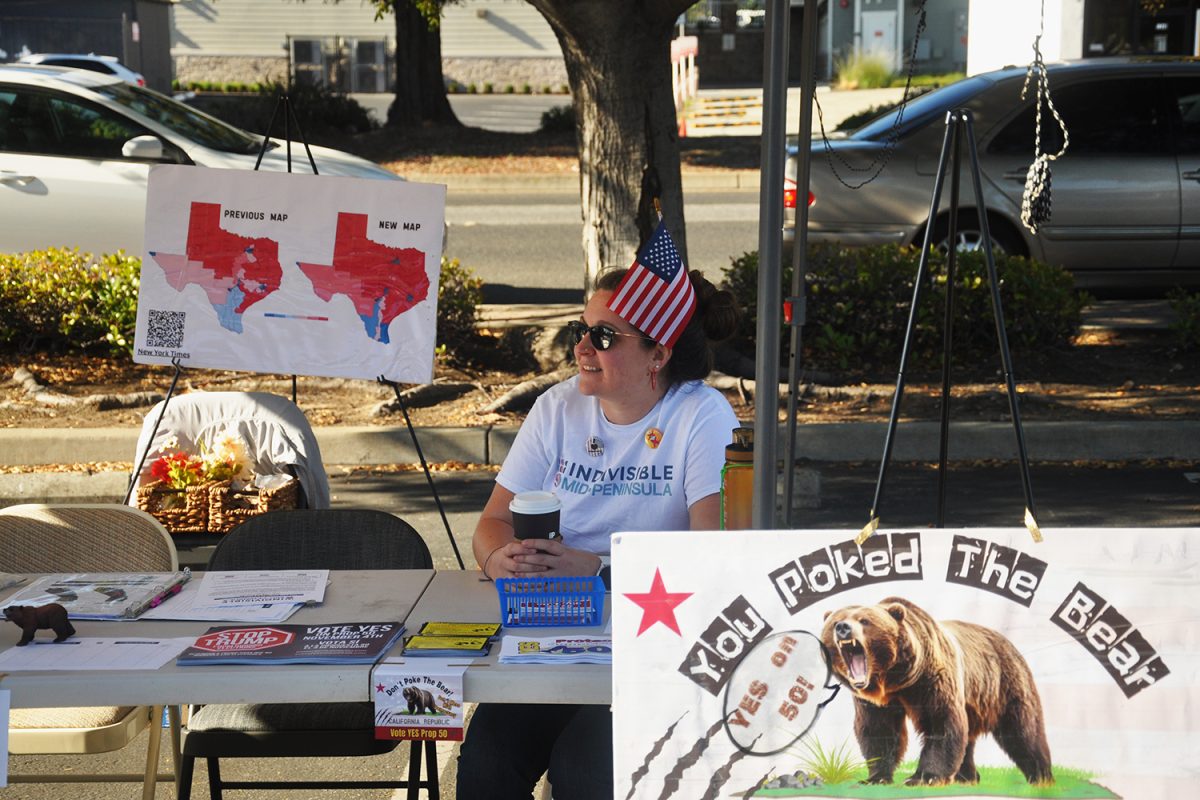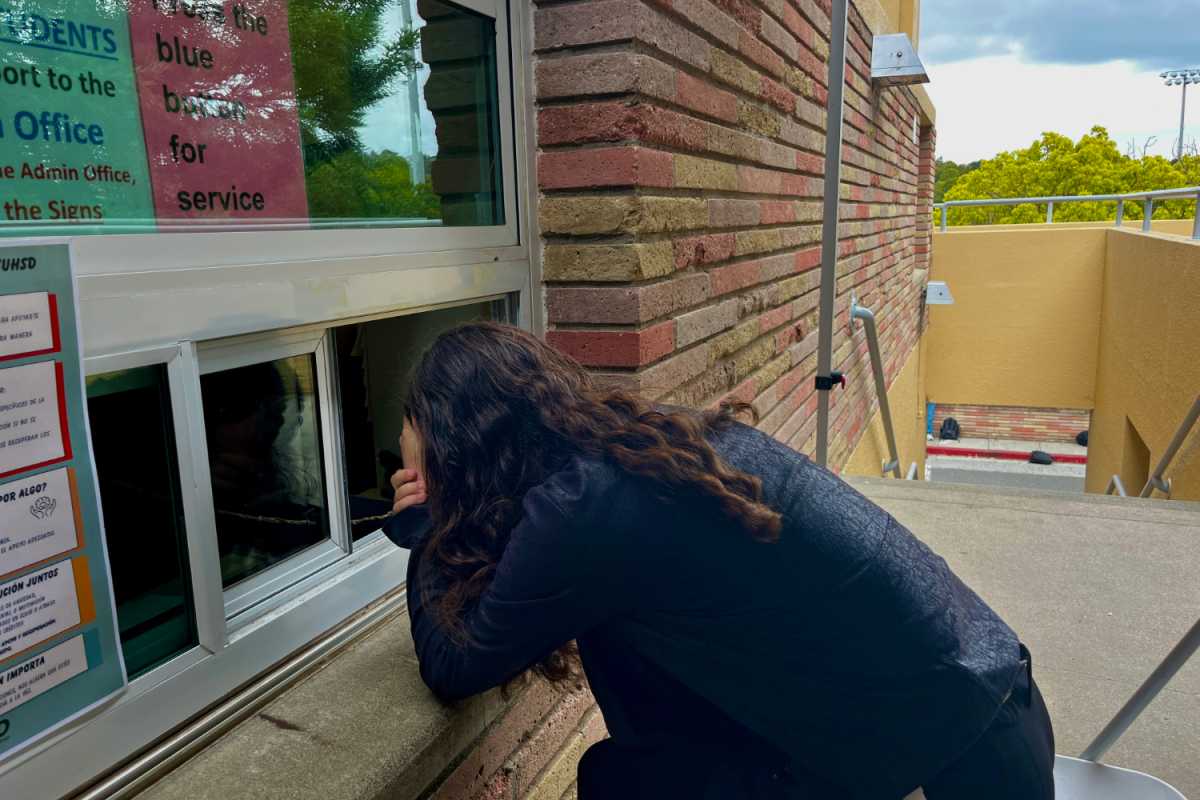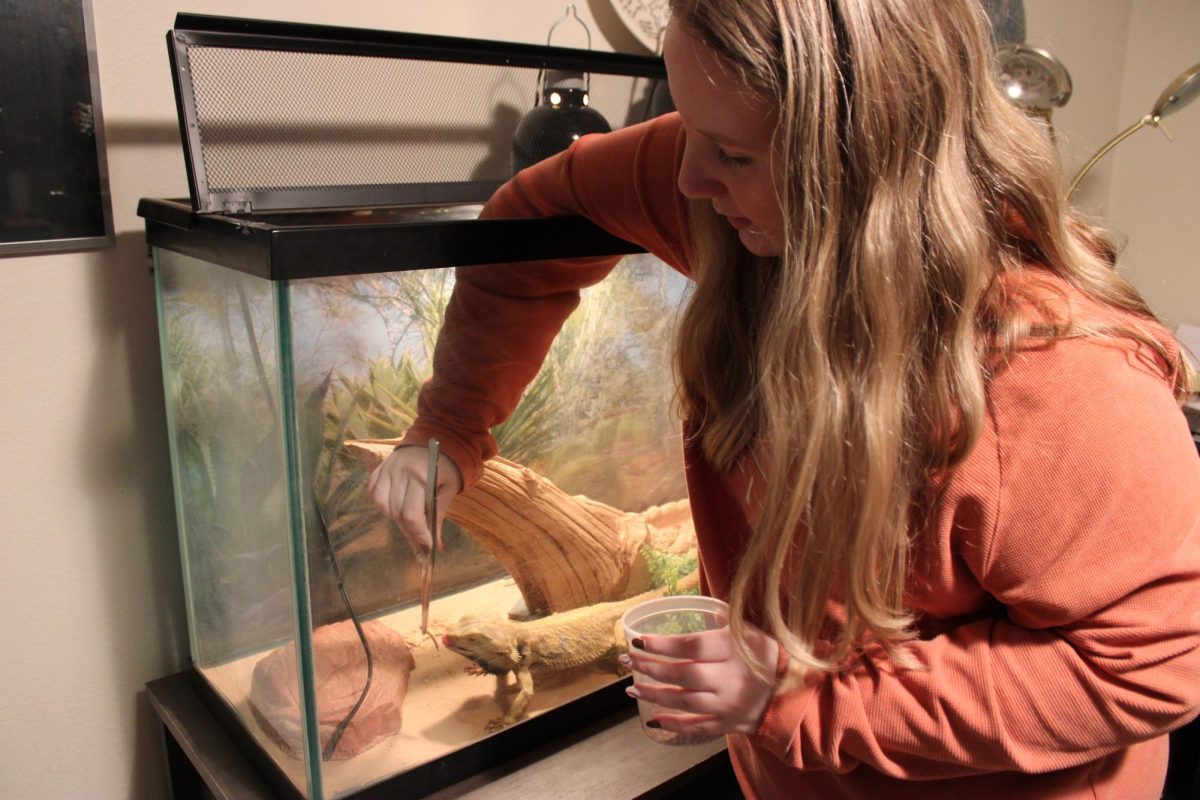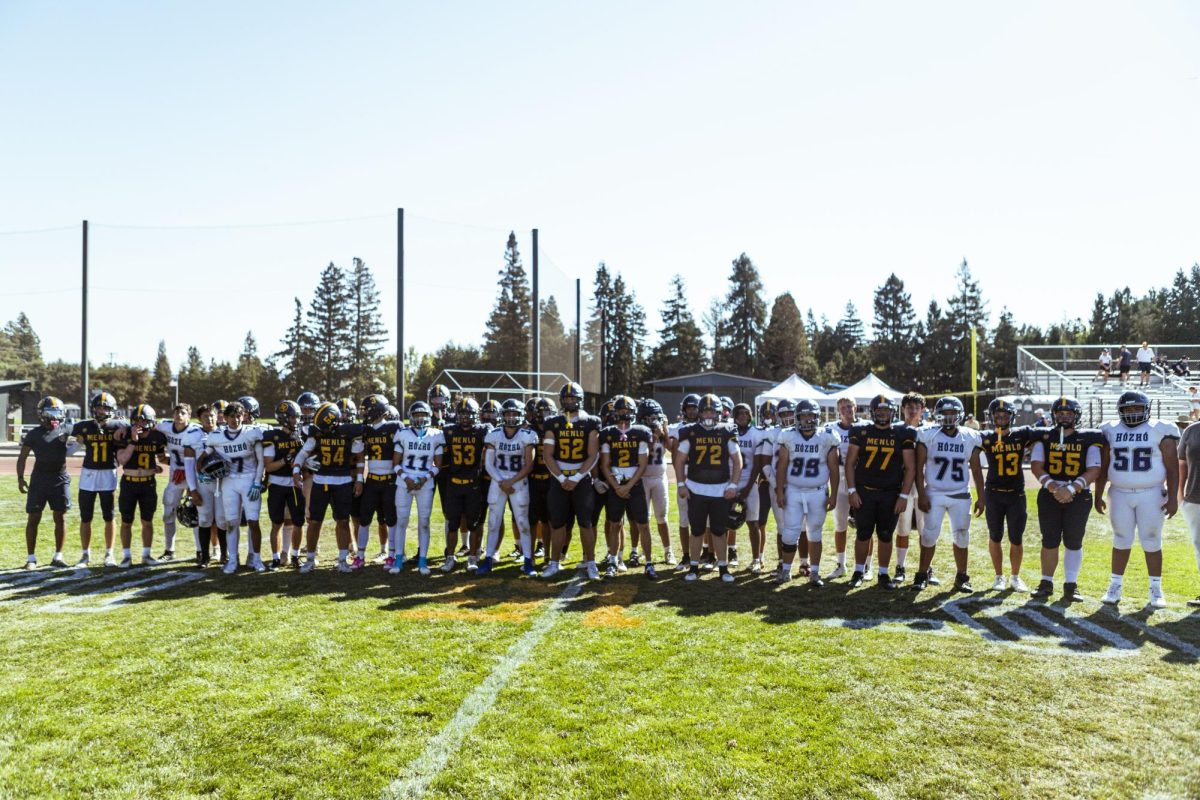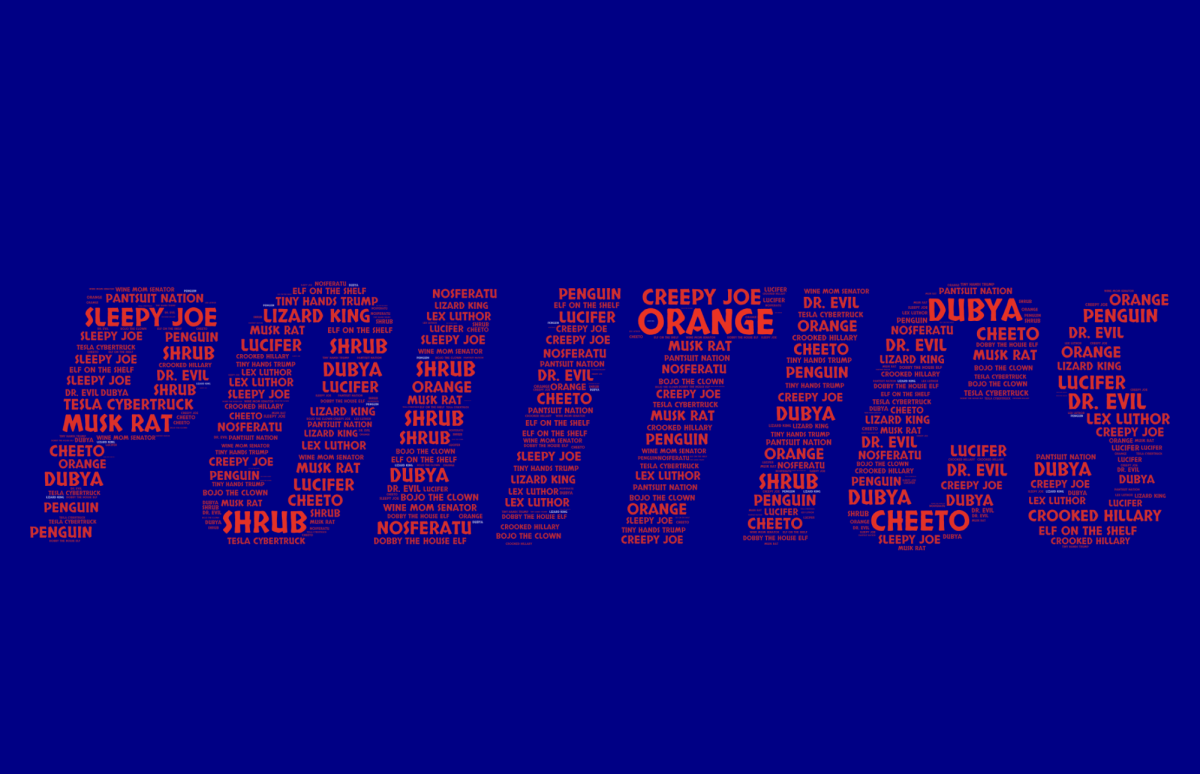As the Palisades fire scorched through California leaving devastation in its wake, thousands of homes and lives were destroyed. Yet, before the smoke could settle, the media had already framed the tragedies to cover them through a political lens. Headlines like “Dems blame LA fire on ‘climate change’ despite city cutting fire department budget” from Fox News and “Right-wing media figures call for withholding California wildfire aid, blame ‘liberals’ for disaster” from CNN quickly popped up, utilizing this natural disaster to add fuel to division.
In an era where news is consumed in polarized echo chambers and misinformation spreads rampant, modern journalism faces unprecedented challenges. How did we get here, and what path lies ahead for the future of the media?
These questions took center stage at a panel discussion between veteran CNN journalists Alisyn Camerota, John Berman and Dave Briggs, along with local 06880 blog writer Dan Woog and Connecticut Senator Richard Blumenthal Sunday, Jan. 12 at the Westport Public Library. Drawing on their years of experience in the journalism field, the panel unpacked the media’s role in preserving democracy, the erosion of public trust, the spread of misinformation, and shifting demands of journalism in the digital era, engaging an audience of over 400.
“Reporting and journalism is literally the livelihood of our democracy, and it is in danger like never before,” Blumenthal said.
Within the context of current political pressures on news and the 2024 presidential election, John Brandt, the past president of the Y’s Men of Westport and Weston, organized this presentation to analyze the journalistic impacts.
“It occurred to me that there is a lack of critical thinking in the electorate. I don’t think the people were taking advantage of the information available,” Brandt said. “I decided we would talk about that and how journalism is evolving.”
The panel tackled this polarized political climate, examining how news networks have contributed to the erosion of public trust.
“No one’s innocent. Everyone plays a role in polarization,” Briggs said. “I include CNN in that conversation and MSNBC. It’s not just Fox News that perpetuates untruths. All the networks have hurt the dialogue, so I think the burden is on all of us to try to fix this.”
Yet, while news sources bear some responsibility, the audience also plays a crucial role in perpetuating this cycle, since factual reporting does not always sell.
“One of the problems is you have to have an audience who wants to be informed. You have to have an audience who wants to find out what the truth is,” Berman said.
As many people seek news that aligns with their views, objective reporting can be undermined and existing divisions fed.
“We need to get outside our bubble and talk to the people who have different views, because they’re Americans, too, and that’s the strength of our democracy,” Blumenthal said.
This call to engage becomes even more critical in an era where rapidly evolving technology is reshaping journalism. As more people cancel cable subscriptions and turn to social media, the public is flooded with contributors. However, this shift makes news more vulnerable to misinformation and disinformation, especially with the rise of technologies like DeepFakes and algorithms amplifying division and fake news.
With no sign of technology slowing down, the future of journalism may lie in social media.
“I hope that your generation is able to build a social media news network made up of people that have opinions across the political aisle that can serve the world,” Briggs said. “Or else, misinformation reigns.”
With this rapid spread of misinformation enabled by social media, fact checking remains a contentious topic.
“I don’t think there is a single trusted source out there, and I am terrified,” Briggs said. “Any given day, 3 billion people are on the platforms of Meta—no more fact-checking. Think about that for a moment.”
Last week, Meta CEO Mark Zuckerberg announced the end of third-party fact-checking on Instagram, Facebook, and Threads, deeming fact checkers to be too politically biased. These apps will now moderate with user-submitted corrections to other’s posts, inspired by the system used by Elon Musk’s X.
Camerota stressed for journalists to continue ensuring credibility and transparency.
“I don’t know if Facebook’s job was to fact-check—they’re a social media network,” Camerota said. “It’s journalists’ jobs. Part of the way to fight the moniker of fake news that we’ve been living with is to just remind people what the rules are of journalism that we follow.”
The more claims public figures make, the more journalists face a tough choice: spend time and attention fact-checking every claim, or risk letting falsehoods spread.
“That’s the conundrum that faces us a lot of the time. It’s not as easy as just saying yeah we should go out and fact check every last claim,” Berman said.
These journalistic challenges aren’t going anywhere. To exemplify how the next generation is preparing to play their role in the future of media, Staples High School newspaper Inklings Editors-in-Chief Nina Bowens ’25 and Lily Hultgren ’25, along with advisers Mary Elizabeth Fulco and Joseph DelGobbo, were invited to speak.
Bowens and Hultgren shared their project highlighting local candidates for Connecticut Congress – Jonathan Steinberg and John Bolton – after noticing a lack of unbiased, available information leading up to the election. They used social media to inform the local community and help voters make informed choices.
Fulco discussed the decline of local papers, noting how, in many areas, high school presses have become the sole local news sources. Westport remains an exception with at least three professional outlets. At any level—whether school, local, national, or international—despite the media’s changing landscape, a journalist’s duty remains steadfast.
“The biggest challenge,” Berman said, “is to figure out in this environment how to continue to press for the truth, to press for the facts, and to give the audience the best information you can.”
This story was originally published on Inklings on January 17, 2025.



